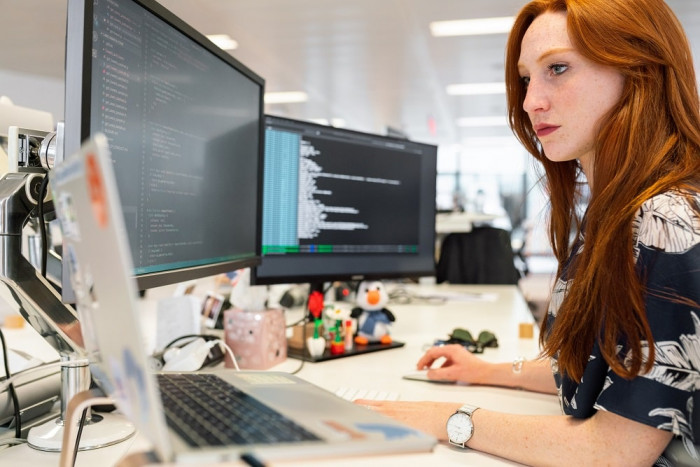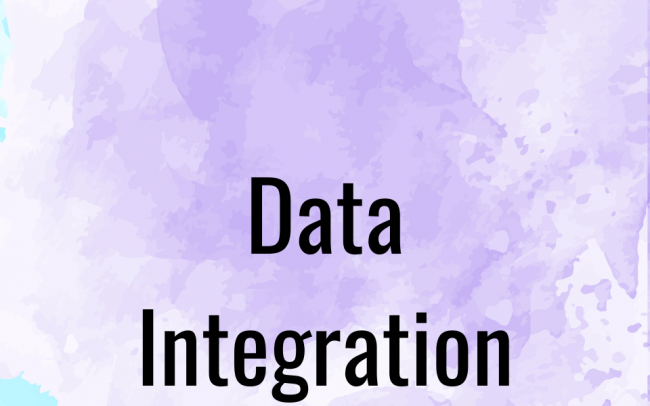Performing an advanced market analysis will allow companies to know which events and performance factors influence their position in the target industry. The related technologies constitute market analytics solutions for competitive intelligence and customer relationship management (CRM).
This post will elaborate on how global enterprises must do market analysis.
What is Market Analysis?
The market analysis includes multi-variate statistical inspection concerning consumer preferences, segmentation, pricing trends, and competitor activities. An organization employing market research consulting also extends the related data acquisition programs to create qualitative intelligence datasets.
What is Market Research?
Market research is the process of gathering, analyzing, and interpreting information about a market, about the product or service to be offered for sale in that market. It is also about the previous, current, and potential customers for the product or service.
Data collection, analysis, and interpretation are the three main steps in any successful market research project. The data could pertain to a certain demographic, general consumers, rival businesses, or the entire market. This is the cornerstone of any thriving business. The findings can be used for anything from discovering a fresh opportunity to entering the market to developing an entirely new product or service.
Small business owners can benefit greatly from conducting market research. It can eliminate uncertainty in the creative process and direct energy and funding toward the most promising ideas and initiatives. Many types of market research are conducted by businesses at many different stages.
It covers the following queries, which are also essential to the professionals delivering business strategy consulting services and product development insights.
- Who is the company’s ideal customer?
- What are the customers’ purchasing attitudes and frequencies?
- Also, what is the size of an organization’s target market?
- Which price range is popular among the identified consumer profiles?
- Likewise, what are the business’s rival brands?
- How do these competitors employ different strategies to expand their market share
- What can a corporation do to surpass its business rivals?
Moreover, which regulations affect the company’s competitive qualities?
The complexity of data gathering has increased, and corporate leaders have responded to this situation by applying marketing analytics solutions across business intelligence (BI) acquisition.

How to Do a Market Analysis
Step 1| Evaluate Why You Want to Conduct Market Analysis
Investing in modern market research consulting must generate satisfactory results quantifiable by appropriate data quality standards. However, chasing after thoughtfully chosen performance metrics with a clear vision helps efficiency.
Therefore, you must discuss with your team why the organization must do a market analysis and what must be the aim of conducting it. Remember, you want to monitor financial expenses and justify them demonstrating a healthy return on investment (ROI).
Use business strategy consulting services if you encounter challenges in goal identification. They will also guide you in presenting ROI calculations to departmental executives. So, getting the approvals required to finance a market analysis project will be quick.
Step 2| Study Industry Trends
Independent professionals and agencies regularly release insights into the top industry trends. These insights are available for public viewing. Therefore, companies can benefit from such intelligence. Some market research consulting teams also track authoritative data sources to capture valuable whitepapers, case studies, and expert interviews.
Simultaneously, you want macroeconomic reality checks to prepare for future dynamics that might shift industry trends. The one who moves fast gains the “first mover advantage.” Furthermore, you cannot afford to remain unaware of the events influencing international supply chains and fuel prices.
Step 3| Create Consumer Personas
Who is your ideal customer? If a company builds e-learning products, it can target teachers, students, universities, and education authorities. However, a logistic firm must specify what type of storage and distribution clients it wants as its consumer base.
An ideal customer persona provides corporations with a fundamental frame of reference. It has significance in CRM and marketing personalization. Therefore, identify and develop customer personas or profiles to enhance the operational efficiency of marketing analytics solutions.
Popular business strategy consulting professionals maintain a database describing the recurring demographic variables observed in customer profiles in select industries. So, managers will save the time and resources spent on segmentation and profiling. The variables can range from clients’ occupations to age and geolocation.
Step 4| Analyze Competitors
Imagine two enterprises selling a product carrying respective branding. Why would customers choose one product instead of another? What are your competitors doing to attract them? Besides, how can your company counter competitors’ marketing, pricing, and CRM strategies?
Market research consulting will help organizations evaluate such queries. Artificial intelligence (AI) tools and machine learning (ML) models will streamline brand perception workflows through cutting-edge social listening.
These technological advancements also facilitate reliable sentiment attribution that improves the categorization of consumer survey responses. Managers must focus on the following activities.
Know their business strengths and weaknesses.
Later, use the acquired BI to find where your offerings beat theirs. If you want 24/7 data gathering, utilize AI-enabled marketing analytics solutions.
Maintain historical performance intelligence on business rivals’ products and services.
Also, assess whether a partnership or joint project with some rivals can benefit the company in the long run.
Conclusion
Companies do market analysis since it gives them a data-driven perspective on business risks and opportunities that inform strategy consulting services. A precise data gathering, and trend forecasting model relies on multiple steps like goal determination and customer profiling.
Insights into industry trends also require macroeconomic intelligence. Besides, corporations must track how their competitors plan to launch and sell new offerings for business expansion. They can collaborate with domain experts to improve the quality of marketing analytics solutions.
SG Analytics, a leader in market research consulting, helps organizations develop intelligence on consumer behavior to build competitive strategies. Contact us today if you want automated analytical modeling for holistic data gathering.















